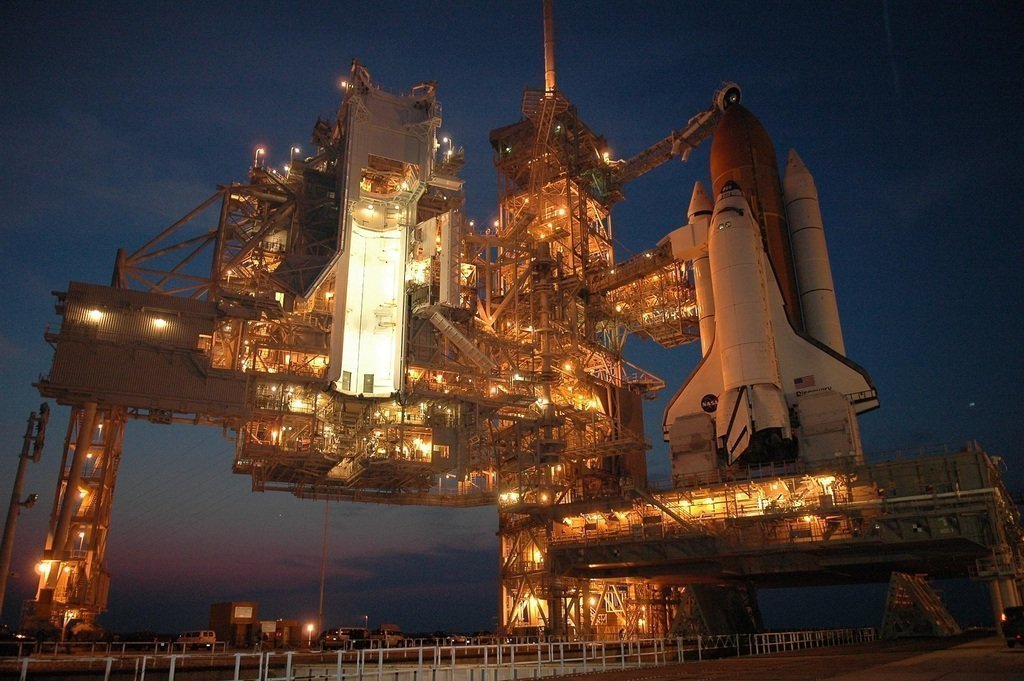Science has always been a powerful driver of progress, but in 2025, the boundary between scientific innovation and everyday life has never been thinner. From breakthroughs in genetics to the expanding frontiers of space exploration and climate technology, science is no longer confined to the lab—it’s shaping policy, business, health, and the way we live.
In this article, we explore six major scientific domains that are actively transforming society today.
1. Genetic Engineering: CRISPR Goes Clinical
Since its discovery, CRISPR gene-editing technology has revolutionized biology. But in 2025, we’re witnessing its transition from research to routine clinical application.
- Sickle Cell and Beta Thalassemia: Trials are producing lasting cures with a single treatment.
- Cancer Research: Gene-editing tools are being used to reprogram immune cells for precise tumor targeting.
- Ethical Frontiers: With these advances, ethical debates around “designer babies” and germline editing have intensified.
🧬 Societal Impact:
Genetic engineering holds the promise to eliminate inherited diseases, but also raises concerns about inequality and bioethics.
2. Climate Science and Carbon Removal Technologies
Climate change remains a central global challenge. In 2025, science is offering scalable solutions:
- Direct Air Capture (DAC): Machines that pull CO₂ directly from the air are now operational at commercial scale.
- Ocean Alkalinity Enhancement: Researchers are experimenting with ocean chemistry to absorb excess atmospheric CO₂.
- Carbon Farming: Scientists are helping farmers sequester carbon naturally in soil using regenerative techniques.
🌍 Societal Impact:
Scientific innovation is not only mitigating emissions but shaping new economic models based on sustainability.
3. Neuroscience and the Brain-Computer Interface (BCI)
Understanding the human brain is entering a new era.
- BCI Implants: Companies like Neuralink and Synchron are developing brain chips to help paralyzed patients control devices with thought.
- Mental Health: AI-enhanced diagnostics are helping psychiatrists predict and treat depression or anxiety with higher precision.
- Neuroplasticity: Studies continue to reveal how environment and habits reshape the brain, informing new cognitive therapies.
🧠 Societal Impact:
The line between biology and technology is blurring, opening up new ways to enhance cognition, treat disorders, and even interface with machines.
4. Space Science: Private Missions and Moon Bases
Space science has undergone a dramatic shift with the involvement of private companies alongside national agencies:
- Artemis Program: NASA and global partners aim to establish a sustainable presence on the Moon by the end of the decade.
- Commercial Satellites: Thousands of small satellites are powering global internet and earth observation.
- Mars Missions: Preparations for manned missions to Mars are in full swing, with robotic explorers paving the way.
🚀 Societal Impact:
Space is no longer the realm of science fiction. It is a new frontier for communication, resource exploration, and geopolitical competition.
5. Fusion Energy: From Dream to Demonstration
After decades of research, nuclear fusion—the holy grail of clean energy—is finally nearing viability.
- Tokamak Reactors: Experiments like ITER and SPARC have shown sustained plasma reactions, a major milestone.
- Laser-Driven Fusion: Labs in the U.S. have achieved net-positive fusion energy using inertial confinement.
- Private Sector Rise: Startups are now racing to commercialize compact fusion reactors.
⚡ Societal Impact:
Fusion energy promises abundant, carbon-free power. If successful, it could drastically alter the energy landscape and reduce reliance on fossil fuels.
6. Material Science: Smart Materials and Nanotech
Advancements in materials are quietly revolutionizing everything from construction to healthcare.
- Graphene and Carbon Nanotubes: Being used in next-gen batteries, flexible electronics, and aerospace.
- Self-Healing Materials: Paints and coatings that repair minor scratches on their own.
- Biodegradable Plastics: Lab-engineered polymers that naturally break down without harming ecosystems.
🔬 Societal Impact:
New materials are leading to more sustainable industries, longer-lasting infrastructure, and smarter medical devices.
Conclusion: Science as a Catalyst for Change
Science in 2025 is no longer an isolated academic pursuit—it’s embedded in policy, business, and the choices we make every day. The convergence of disciplines—biology with computing, physics with engineering, and environmental science with economics—is generating exponential impact.
As scientific literacy spreads and public-private partnerships increase, the role of science as a solution engine for global challenges has never been more vital.
Our responsibility is to ensure these breakthroughs are harnessed ethically, equitably, and sustainably—so the future they create works for everyone.




